
DISCOVER #3: VULNERABILITY
-
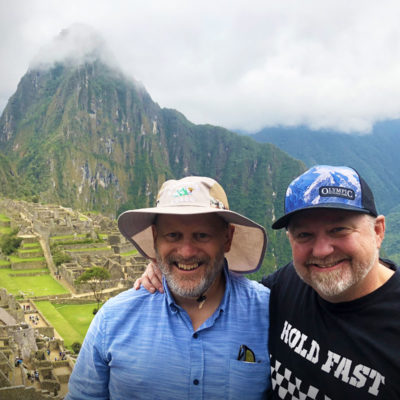 Discover: Home
Discover: Home
-
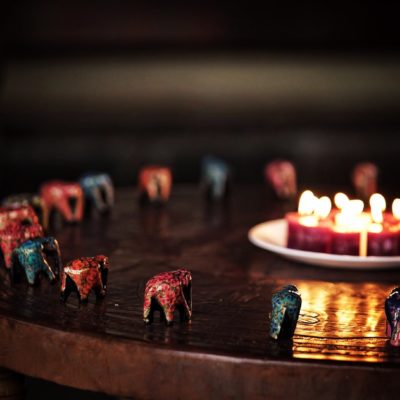 Discover: Resources
Discover: Resources
-
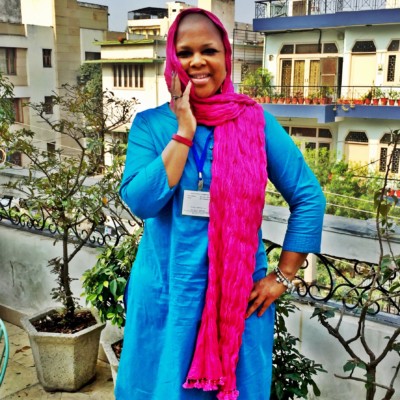 Theme 1: Possibility
Theme 1: Possibility
-
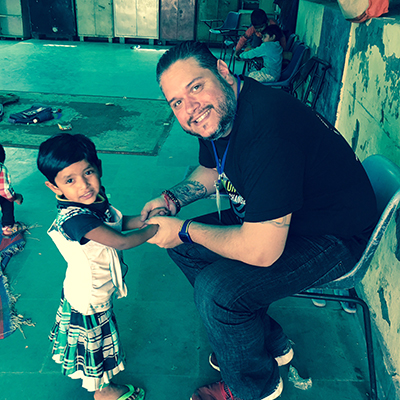 Theme 2: Intention
Theme 2: Intention
-
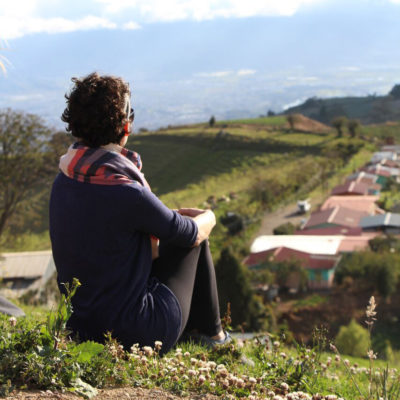 Theme 3: Vulnerability
Theme 3: Vulnerability
-
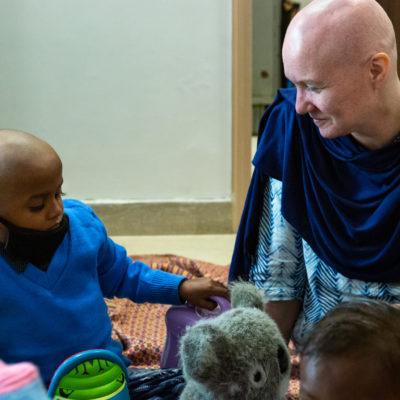 Theme 4: Perspective
Theme 4: Perspective
 Read More
Read More
Featured Ted Talk
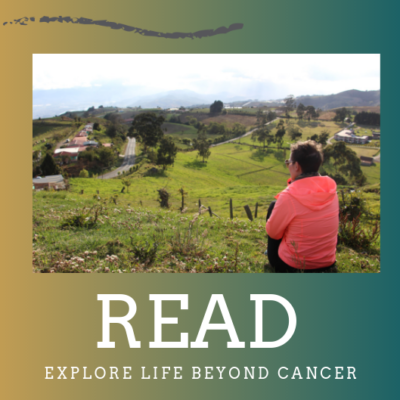 Read More
Read More
BOOKS:
- Book(s): Daring Greatly, Rising Strong, and The Gifts of Imperfection by Brene Brown
ARTICLES & AFC BLOG POSTS
- LA Times: The Pressure To Say You’re Ok
- AFC Post: How A TED Talk on Vulnerability Sparked A Girl Crush
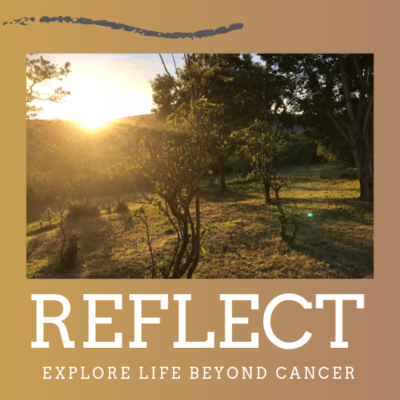 Read More
Read More
Reflection Prompts
Below are a few of the journaling prompts from Brene Brown’s book, Daring Greatly (we highly recommend it!). Her book has many more insights and thought-provoking questions if you want to dive further.
There is no right way to tackle the reflection prompts below. You can answer any, all or none of the questions. You can either write the answers in a more traditional journaling format (either in a physical journal or an online journal) or you could explore the creative process of art journaling. Or, sit down with someone in your life and ask these questions of each other. Whatever reflection mode you choose, you are welcome to answer any, all or none of the questions. This is simply an opportunity to carve out some time to reflect and see what emerges.
- How would you define vulnerability? | How would vulnerability look like if it was a symbol or certain color or design? Or think of a mask or make a mask-what do you show the world on the outside and what is going on inside?
- What are the beliefs that you hold around vulnerability? | Use a mind map to think about vulnerability
- How was vulnerability viewed in your family? What were the lessons (spoken or unspoken) about being vulnerable? | Try drawing a family tree or genogram – make notes or drawings by each person.
- What makes you feel the most vulnerable right now? | Use paint or drawing materials to express how being vulnerable feels like.
- What do you do when you’re feeling emotionally exposed? | Draw an animal that you feel like when you’re feeling emotionally exposed. Think about and make an environment around the animal and what you would like for the animal to have when feeling this way.
- Do you spend time and energy trying to make the uncertain, certain? If so, how? Do you use “crazy busy” as armor? If so, how?
- Who are the people who are with you in the arena? Who are the people in your life who are in the stands?| Draw or make a 3D arena representing this. One idea is go on a walk in nature and use found objects such as sticks, rocks, leaves, etc.
- How would your life look different if you no longer evaluated your worthiness by the reactions of the people in the stands? | Use art materials to express what this life would look like.
Please note: The content of the A Fresh Chapter Odyssey Program is not intended to be a substitute for professional advice, diagnosis, or mental health treatment. If any of our content brings up difficult feelings, we encourage you to seek the advice of a mental health professional or another qualified health provider.
Discover Series Theme #3: What Is Vulnerability?

“It is not the critic who counts; not the man who points out how the strong man stumbles, or where the doer of deeds could have done them better.
The credit belongs to the man who is actually in the arena, whose face is marred by dust and sweat and blood; who strives valiantly; who errs, who comes short again and again, because there is no effort without error and shortcoming; but who does actually strive to do the deeds; who knows great enthusiasms, the great devotions; who spends himself in a worthy cause; who at the best knows in the end the triumph of high achievement, and who at the worst, if he fails, at least fails while daring greatly…”
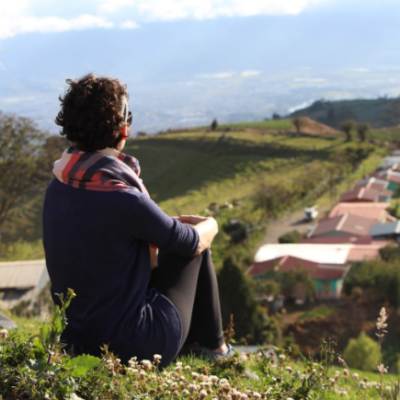 The phrase “daring greatly” is from Theodore Roosevelt’s speech, “Citizenship in a Republic.” It was recently popularized by the researcher, speaker, and TED Talk sensation, Brene Brown. She says, about the above passage, “This is vulnerability. Everything I’ve learned from over a decade of research on vulnerability has taught me this exact lesson. Vulnerability is not knowing victory or defeat, it’s understanding the necessity of both; it’s engaging. It’s being all in. ”
The phrase “daring greatly” is from Theodore Roosevelt’s speech, “Citizenship in a Republic.” It was recently popularized by the researcher, speaker, and TED Talk sensation, Brene Brown. She says, about the above passage, “This is vulnerability. Everything I’ve learned from over a decade of research on vulnerability has taught me this exact lesson. Vulnerability is not knowing victory or defeat, it’s understanding the necessity of both; it’s engaging. It’s being all in. ”
We live in a world where we are trained from an early age to “armor up” and never show weakness. When I came across Brene Brown’s work in 2010, her sense of humor and perspective on ‘building connections through the willingness to be vulnerable’ rocked my world.
Like many of us, I grew up with a seductive – and mostly unconscious – notion that if I could line up all of the pieces of my life “just so,” I would feel safe and happy. I hustled to never let people down, to work harder, to be thinner, and to keep up with the polished for perfection” lives I saw on Facebook. Then, cancer happened, and everything fell apart. The masks I wore crumbled and I found myself sobbing in my Vancouver apartment because I didn’t know who I was or how I fit into my old life anymore.
Perhaps, like me, cancer has made you vulnerable in ways you could never have imagined. Whether it’s losing your hair, watching a loved one suffer, facing fears of death, or dealing with changes in your body and wondering how you will feel independent again, cancer is a one-way ticket into a land rich with vulnerability. Even the willingness to share when you’re not ok, in a world filled with the pressure to act ok, can be incredibly difficult.
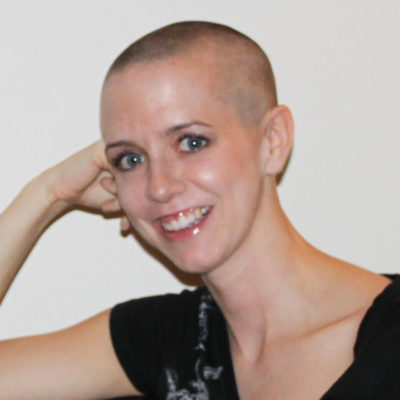 As my world was crashing around me in 2010, a new friend sent me Brene’s TED talk and it revolutionized the way I saw perfection and vulnerability. It shed light on how something as traumatic as cancer might open the door to building new connections and approaching my story differently.
As my world was crashing around me in 2010, a new friend sent me Brene’s TED talk and it revolutionized the way I saw perfection and vulnerability. It shed light on how something as traumatic as cancer might open the door to building new connections and approaching my story differently.
Brene says, “I believe that vulnerability – the willingness to show up and be seen with no guarantee of outcome – is the only path to more love, belonging, and joy.”
What if she’s right? What if courage isn’t about being perfectly strong and brave all the time? What if courage is, as Brene says, “the willingness to tell the story of who you really are with your whole heart?”
“As much as we might struggle with vulnerability, it is not weakness, and the uncertainty, risk, and emotional exposure we face every day are not optional. Our only choice is a question of engagement. Our willingness to own and engage with our vulnerability determines the depth of our courage and the clarity of our purpose; the level to which we protect ourselves from being vulnerable is a measure of our fear and disconnection.
When we spend our lives waiting until we’re perfect or bulletproof before we walk into the arena, we ultimately sacrifice relationships and opportunities that may not be recoverable, we squander our precious time, and we turn our backs on our gifts, those unique contributions that only we can make.” ~ Brene Brown
What do you think about vulnerability? Has the experience of cancer changed your relationship to it?
You have already practiced leaning into vulnerability by applying to participate in an A Fresh Chapter program exploring the first two themes in our Discover Series: Transforming Adversity Into Possibility & Choosing How You Want To Feel. We will continue to explore this theme of leaning into vulnerability throughout the rest of your Odyssey Program. Volunteering can feel vulnerable. Traveling outside your comfort zone can feel vulnerable. Sharing your story can feel vulnerable. And yet, all of these experiences can become a catalyst for developing new and meaningful connections. A catalyst to helping you find a way to move forward and step into your fresh chapter.
Activity
This theme’s activity is to carve out 20 minutes to watch this TED Talk: Brene Brown & The Power Of Vulnerability
Then, jot down a few notes about what stands out for you. What do you like about her theory? What makes you uncomfortable? Why? You may decide you like her approach or you don’t. By getting curious about why you will start to see clues to better understand yourself.
Alumni Spotlight: Finding Peace & Beauty In Being Broken
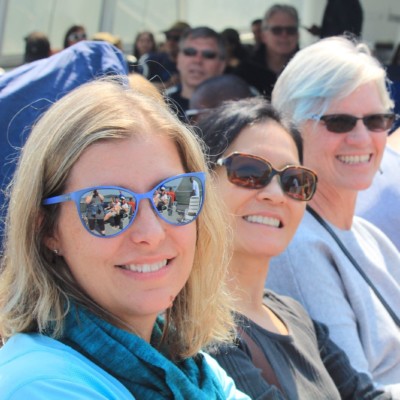 I came into the role of advocate, a little reluctantly. First and foremost, I was a scientist with a PhD in Cancer Biology, who also happened to be a cancer survivor. I was diagnosed with cancer when I was 22, a time in my life when I wanted to be defined as anything but a cancer patient. So I hid my diagnosis. Surgeries and treatments took place during semester breaks. Only a few people knew the journey I was on. Fortunately, my disease was successfully treated. The physical scars were minimal and easily concealed, during the New England winter with a turtleneck! I was never in denial that I had cancer. I simply wanted to be defined by something other than my disease.
I came into the role of advocate, a little reluctantly. First and foremost, I was a scientist with a PhD in Cancer Biology, who also happened to be a cancer survivor. I was diagnosed with cancer when I was 22, a time in my life when I wanted to be defined as anything but a cancer patient. So I hid my diagnosis. Surgeries and treatments took place during semester breaks. Only a few people knew the journey I was on. Fortunately, my disease was successfully treated. The physical scars were minimal and easily concealed, during the New England winter with a turtleneck! I was never in denial that I had cancer. I simply wanted to be defined by something other than my disease.
It was not until I started my own research laboratory that I realized how much being a patient impacted who I was as a researcher. I knew the questions important to patients because I was also a patient. Finding a balance between being a scientist and an advocate/patient was a challenge and a role that I took on reluctantly. I struggled with how to balance these two roles. As an advocate, I focus on helping others, empathizing with the pain and challenges of being handed a cancer diagnosis.
Addressing burnout
I wanted these identities to be independent, to keep my scientist and mommy identity separate from my role as a cancer survivor and advocate. It was simpler and cleaner, and I thought I could excel at both. I honestly thought, “I GOT THIS!” Then, over the last year, I grew tired and distant. All of the classic signs of burnout started to manifest. I didn’t want to see them or admit that a career and role I had always wanted — and that gave me such satisfaction — was also burning me out. The loss of too many friends in my advocacy community began to take its toll. The losses to one self, impacted the other self. I still tried to maintain two separate identities and had no idea how much they were intertwined. Something needed to give, but I was unsure of what the root of the problem was.
Click here to read how Aime’s ability to embrace vulnerability helped her find herself again.



